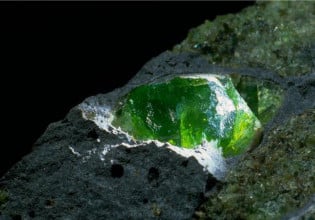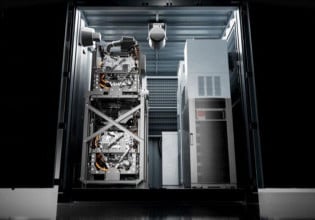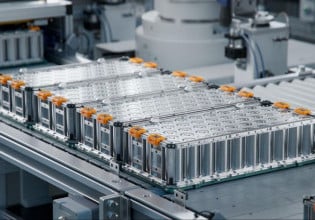The European Union determined that a cartel with the goal of raising prices of Li-ion batteries started in February 2004 and lasted until November 2007. The Commission's investigation started with an immunity application submitted by Samsung SDI. As a result, Samsung paid no fine. Sony paid €29,802,000; Panasonic paid €38,890,000; and Sanyo paid €97,149,000. All companies acknowledged their involvement in the cartel and agreed to settle the case. The cartel contacts took place mainly in Asia and occasionally in Europe.
Under the Commission’s 2006 Leniency Notice, Samsung SDI received full immunity for revealing the existence of the cartel to the Commission, thereby avoiding an aggregate fine of €57,748,000.
Sony, Panasonic and Sanyo benefited from reductions of their fines for their cooperation with the Commission’s investigation under the 2006 Leniency Notice. The reductions reflect the timing of their cooperation and the extent to which the evidence they provided helped the Commission to prove the existence of the cartel.
Commissioner Margrethe Vestager, in charge of competition policy said: “Millions of Europeans use laptops, mobile phones and power tools that run on rechargeable lithium-ion batteries. Today’s decision sanctions four rechargeable battery producers whose collusion affected the prices of a number of goods sold to European consumers. It also sends an important signal to companies: if European consumers are affected by a cartel, the Commission will investigate it even if the anticompetitive contacts took place outside Europe.â€
Rechargeable lithium-ion batteries are the most common type of rechargeable batteries used in portable electronic and electrical devices. They can be divided into three types depending on their usage and demand. Cylindrical lithium-ion batteries are for example used in larger devices such as laptops and power tools, whereas smaller devices, like smartphones and tablets, use prismatic or polymer lithium-ion batteries. All these types of battery were affected by the cartel.
The Commission’s investigation found that Samsung SDI, Sony, Panasonic and Sanyo took part in bilateral, and sometimes multilateral, contacts in order to avoid aggressive competition in the market for lithium-ion batteries. In particular, the four companies: agreed on temporary price increases in 2004 and 2007 triggered by a temporary increase in the price of cobalt, a raw material used in the production of lithium-ion batteries; and exchanged commercially sensitive information such as supply and demand forecasts, price forecasts or intentions concerning particular competitive bids organized by specific manufactures of products such as phones, laptops or power tools.
The fines were set on the basis of the Commission’s 2006 Guidelines on fines. In setting the level of fines, the Commission took into account, in particular, the companies’ sales of lithium-ion batteries in the European Economic Area (EEA), the serious nature of the infringement, its geographic scope and its duration.






